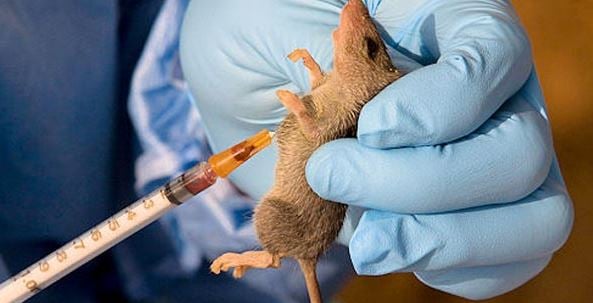
166 people die of Lassa fever in nine months
The Nigeria Centre for Disease Control and Prevention has reported that Nigeria has recorded 166 deaths from Lassa fever from January 1 to September 14, 2025.
The Case Fatality Rate now stands at 18.5%, higher than the 16.9% recorded during the same period in 2024.
As of epidemiological Week 37, Nigeria has reported a total of 7,673 suspected cases and 895 confirmed cases across 21 states and 106 Local Government Areas.
According to the World Health Organisation (WHO), Lassa fever is an acute viral illness caused by the Lassa virus.
It is known to be endemic in Benin, Ghana, Guinea, Liberia, Mali, Nigeria, and Sierra Leone, but probably exists in other West African countries.
The global health body said the Lassa virus is primarily transmitted to humans via contact with food or household items contaminated with rodent urine or faeces, and person-to-person transmission can also occur, particularly in health care settings lacking adequate infection prevention and control measures.
According to the NCDC, “In week 37, the number of new confirmed cases decreased from 13 in week 36 of 2025 to 11. These were reported in Ondo, Bauchi, Kogi, and Anambra States.
“Cumulatively, as at week 37, 2025, 166 deaths have been reported with a Case Fatality Rate (CFR) of 18.5%, which is higher than the CFR for the same period in 2024 (16.9%).
“In total for 2025, 21 States have recorded at least one confirmed case across 106 Local Government Areas.”
A significant majority of 90% of confirmed cases were reported from five states: Ondo (33%), Bauchi (23%), Edo (18%), Taraba (13%), and Ebonyi (3%). The remaining 10% came from 16 other states.
“The predominant age group affected is 21–30 years (Range: 1 to 96 years, Median Age: 30 years). The male-to-female ratio for confirmed cases is 1:0.8,” the report added.
The report noted that no new healthcare worker was affected in the reporting week, and the number of suspected and confirmed cases decreased compared to the same period in 2024.
The NCDC’s multi-partner, multi-sectoral Technical Working Group continues to coordinate response activities.
According to the agency, the National Lassa Fever Technical Working Group continues to coordinate response activities at all levels.